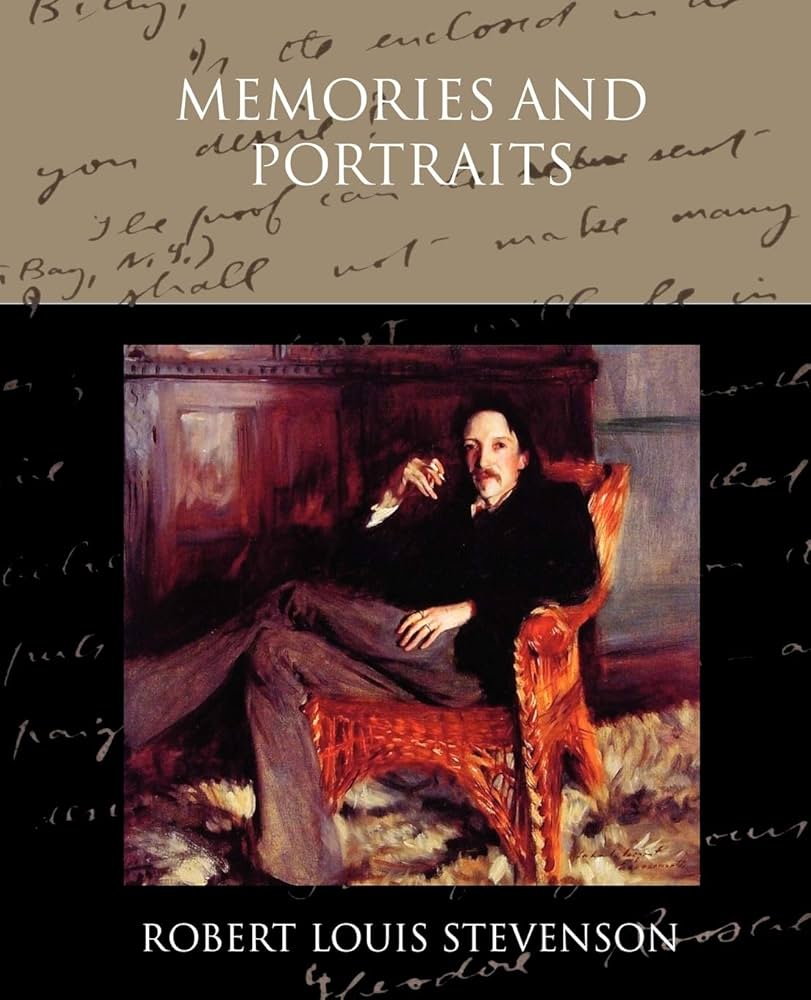Chapter XIV — A Gossip on a Novel of Dumas’s
byChapter XIV opens with a quiet meditation on the nature of familiarity found in re-reading. Returning to beloved books resembles revisiting old companions—comforting, revealing, and never quite the same. Each reading draws forth new emotions, revealing how both the reader and the text have subtly changed. Among these enduring friends, The Vicomte de Bragelonne occupies a special place. Although it may not be as critically adored as its predecessors, its richness lies in more mature themes—loyalty aging into regret, and youth yielding to quiet dignity. The story’s allure surpasses the flair of sword fights; it finds beauty in the silence that follows action. The novel invites the reader into a world where courage is not only forged in battle but in endurance, in heartbreak, and in quiet fidelity.
The attachment to d’Artagnan, not as a flawless hero but as a deeply human figure, grows stronger through the lens of time. He is not immortal because he wins; he is immortal because he tries, because he fails, and because he carries on with integrity. His moral clarity, defined by instinct more than introspection, frames a code of honor that needs no embellishment. Dumas paints virtue as a living force, not an abstract trait. There is no didactic posturing—only choice, consequence, and the courage to face both. What separates Dumas from mere entertainers is this consistent celebration of active morality. He trusts his reader to see value in action over theory, in commitment over contemplation.
In contrast with more static literary works, Dumas’s novels breathe because they move. Each chapter pulses with new turns, not because they surprise but because they speak to inner truths. The excitement doesn’t come from uncertainty—it comes from the recognition that life is always on the verge of turning, and that virtue must be lived, not spoken. For the writer reflecting in this chapter, the appeal of Bragelonne grows from its emotional range. The grand betrayals and subtle partings are as profound as any act of heroism. Aging friendships, love unreturned, and duty quietly fulfilled—they are all threads in the final tapestry Dumas weaves for his musketeers.
The story lingers on in the reader’s memory not because of what happens, but because of what remains. The final pages offer no grand applause, only an earned peace. That is why the novel feels necessary—it closes a cycle, but with tenderness, not triumph. Here, storytelling becomes an act of mercy. Dumas doesn’t glorify the end; he makes it meaningful. The musketeers we meet in youth don’t vanish—they evolve into something wiser, something gentler. In this way, The Vicomte de Bragelonne becomes a meditation on time and honor, on what it means to have lived fully and loved well.
The critic’s reflection isn’t an argument for artistic perfection but a recognition of emotional truth. Books like this may defy formal structure or stretch believability, but they endure because they echo real feeling. Where other novels build reputations from distance and polish, Dumas’s work invites closeness. The reader becomes part of the company, part of the code. The final scenes, especially those involving d’Artagnan’s fate, resonate like farewells in life itself—not just fictional farewells but the kind that stay with you long after. This kind of connection—elusive yet deeply human—is what brings the reader back again and again.
When literature reaches this level of connection, it stops being just narrative and becomes memory. The boundaries blur, and the characters become embedded in the reader’s life—not as escape, but as perspective. As Chapter XIV closes, the reverence for Bragelonne reveals something larger: that fiction, when grounded in emotional honesty and lived virtue, becomes a companion in our understanding of existence. Through the rhythm of page and plot, it teaches how to love, how to part, and how to remember. And in that, it fulfills fiction’s highest promise—not to teach a lesson, but to make us feel less alone in the living of our own stories.

